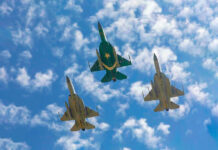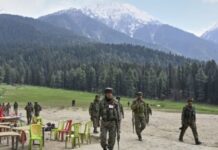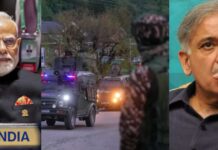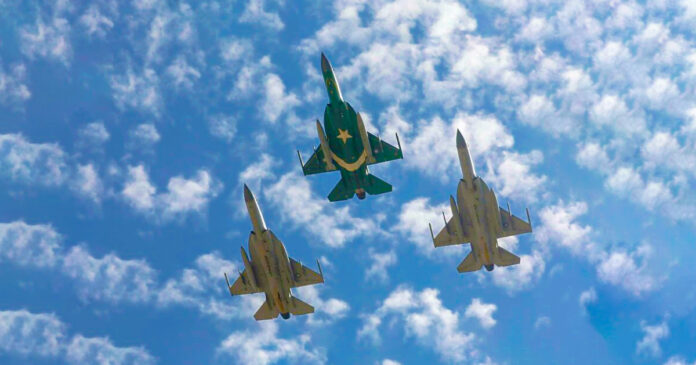On the night between April 29 and 30, the Pakistan Air Force (PAF) detected four Indian Rafale fighter jets near the Line of Control (LoC). These jets were patrolling over Indian Illegally Occupied Jammu and Kashmir (IIOJK). In response, PAF launched a swift and coordinated move, which forced the Indian aircraft to retreat.
This encounter occurred during a period of heightened tensions between Pakistan and India. The situation worsened after a deadly attack in Pahalgam, IIOJK, on April 22. The assault claimed 26 lives, mostly tourists, making it one of the most severe attacks in the region since 2000.
The day after the attack, India suspended the Indus Waters Treaty (IWT). This landmark agreement, brokered by the World Bank, had withstood decades of conflict. In retaliation, Pakistan threatened to suspend the 1972 Simla Agreement and warned of a possible airspace closure to Indian flights.
Read more: PAF Among the Top 10 Most Powerful Air Forces Globally
Although India hinted at cross-border involvement in the Pahalgam attack, it has not provided any solid evidence. Meanwhile, Pakistan firmly denied any role in the incident. Prime Minister Shehbaz Sharif called for an independent investigation to uncover the truth.
On April 30, Information Minister Atta Tarar shared a concerning update. He stated that Pakistan had credible intelligence suggesting a possible Indian military strike within the next 24 to 36 hours. According to him, India could use the Pahalgam attack as a justification for aggression.
Furthermore, the minister strongly criticised India’s stance. He said that India was acting as a “self-assigned judge, jury, and executioner,” which he described as reckless and destabilising. He added that Pakistan, having suffered from terrorism itself, understands the deep impact of such violence. Therefore, he urged all parties to exercise restraint and focus on preserving regional peace.
Stay tuned to Brandsynario for the latest news and updates.








































